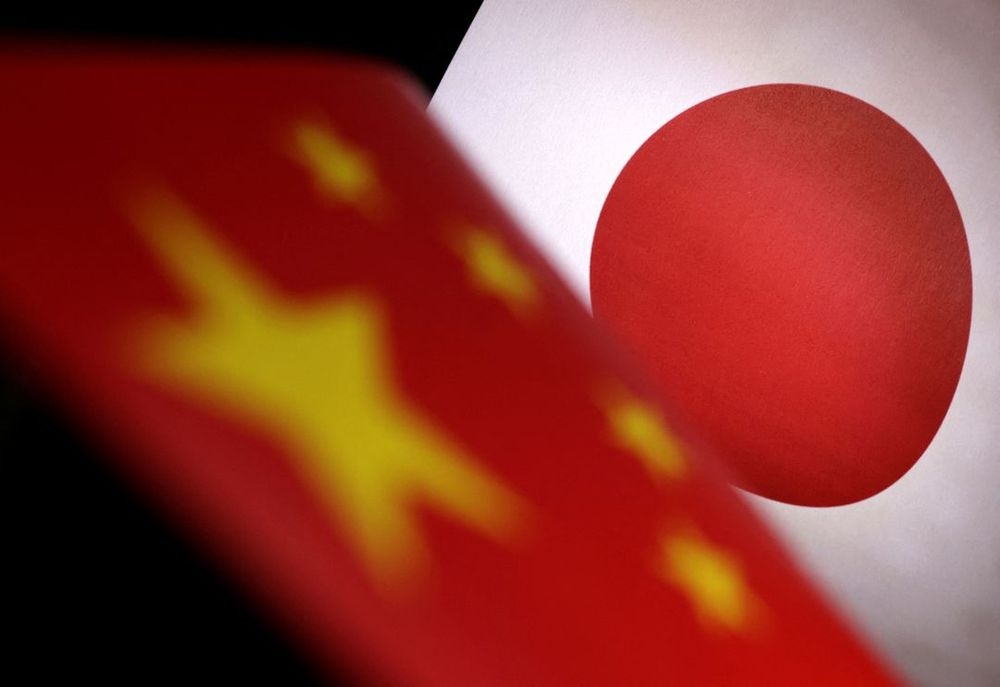
Asia’s most dangerous flash point now rests in the south of Japan — Phar Kim Beng
Monday, 24 Nov 2025 5:30 PM MYT
NOVEMBER 25 — Japan’s decision to deploy medium-range surface-to-air missiles to Yonaguni — a quiet island scarcely 110 kilometres from Taiwan — signals a strategic shift with implications far beyond Japan’s immediate defence posture.
It confirms what regional observers have long feared: Asia’s most dangerous flash point is no longer confined to the Taiwan Strait alone, but has expanded to include the southern reaches of Japan’s island chain, where the security anxieties of Japan, China and Taiwan intersect with unprecedented intensity.
For Tokyo, the deployment is framed as necessary and defensive. Japan’s Defence Minister has argued that strengthening the country’s southern perimeter “lowers the chance of an armed attack”, pointing to an increasingly complex security environment shaped by Chinese military growth, rising tensions in the East China Sea, and the swirling uncertainties over Taiwan’s future.
From Japan’s vantage point, deterrence is not provocation — it is prudence.
But geography rarely bends to political interpretation. Missiles placed so close to Taiwan inevitably alter Beijing’s strategic calculations.
For China, they reinforce the narrative that Japan is aligning more openly with US and Taiwanese interests. For Taiwan, they may offer reassurance, but they also heighten the sense that its defence will increasingly depend on a broader coalition of actors — whether Taipei openly acknowledges it or not.
The result is a dangerously compressed environment in which military assets, surveillance platforms and political signalling crowd the same narrow maritime and air space.
This is what makes southern Japan the new epicentre of risk in the Indo-Pacific.
Yet focusing solely on the missiles misses the deeper danger: the accelerating breakdown of diplomatic trust.
Beijing has revived historical narratives questioning Japan’s sovereignty over the Ryukyu islands. Tokyo has interpreted China’s statements as creeping revisionism.
Meanwhile, both publics have grown more entrenched, more anxious, and more susceptible to nationalistic rhetoric.
The region now stands one miscalculation away from confrontation — not necessarily because anyone seeks war, but because mutual recriminations have displaced responsible diplomacy.
It is in such moments that mature and peaceful diplomacy becomes not merely advisable, but indispensable.
Diplomacy matters because it prevents misreading of intentions. When military deployments occur without open channels of communication, the risk of misinterpretation multiplies.
Japan may genuinely believe its Yonaguni missiles are defensive, but China may just as genuinely interpret them as escalatory. Without diplomacy, both positions harden.

Diplomacy matters because it prevents misreading of intentions. When military deployments occur without open channels of communication, the risk of misinterpretation multiplies. — Reuters pic
Diplomacy matters because the people of the Ryukyu islands — like communities across the region — bear the human cost of miscalculation. Their fears cannot be dismissed as peripheral. If they do not feel secure, deterrence alone cannot deliver stability.
Diplomacy matters because Asia’s major powers are deeply interdependent, economically and strategically. Trade, supply chains, energy flows, maritime safety — these hinge not on missiles, but on cooperation and restraint.
Finally, diplomacy matters because a region that chooses accusation over engagement is a region that sleepwalks into crisis.
The southern tip of Japan is now where great-power anxieties converge. But it does not have to become the place where great-power conflict begins. Japan, China, Taiwan and the wider Indo-Pacific must resist the fatalistic logic of militarised rivalry. Strengthening defence is understandable; but strengthening dialogue is essential.
Asia’s future stability will not be decided by how many missiles are placed on Yonaguni.
It will be decided by how wisely — and how peacefully — its leaders navigate the tensions now gathering around it.
* Phar Kim Beng is Professor of Asean Studies and Director, Institute of International and Asean Studies (IINTAS) International Islamic University Malaysia
***
Japs looking for trouble
No comments:
Post a Comment